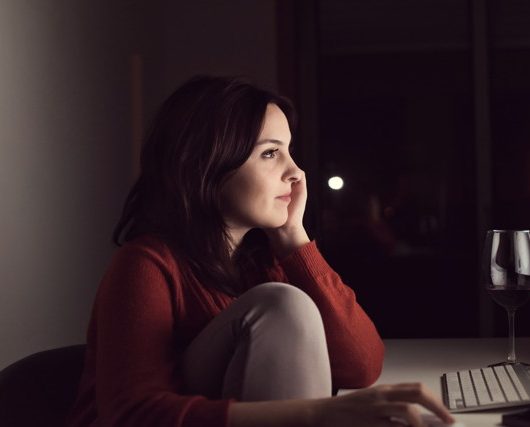People get the urge to nod off during the day after a restless or sleepless night. It doesn’t matter where you are. Some do it on the train, at movie theaters, at work…
So what is acceptable when it comes to napping? Does snoozing during the day mean there is an underlying health issue you need to be addressing? What is healthy napping? Well here on some guidelines for nappers to consider.
Duration:
The maximum acceptable duration of a daytime nap as agreed upon by scientists is 20 minutes. Apparently a longer nap may disrupt your biological clock sleep-wise. The after-effects of napping are like jet lag. So if you overdo it during the day, you run a risk of messing with your sleep routine at night.
Take Coffee
The recommendation is to take caffeine just before the nap. Since it takes 20 minutes for caffeine to kick in, it becomes like an internal alarm. You will most certainly wake up after 20.
Plan your naps
Schedule the nap times as opposed to giving in to the grogginess. According to sleep science, “This will help regulate your circadian schedule and also prevent nodding behind the wheel”.
Health implications of erratic napping:
Long and random napping is taken to be a symptom of an underlying problem. And the most common is sleep apnea. Sleep apnea is caused by a blockage that affects breathing, hence reducing the amount of oxygen that goes to the brain. 29 million Americans suffer from it. Besides making you nap erratically, sleep apnea may cause strokes or heart attacks.
Random napping could also be a symptom of diabetes. It has also been linked to depression and in rare cases, Parkinson’s disease.
Conclusion:
Done the right way, napping can be very refreshing; boosting concentration and alertness for as long as four hours. So plan your daytime naps and do it in small does. And if you are one that naps for hours, then it’s about time you consulted a doctor. Get checked out just to rule out any underlying health issues.
If you are doing it the right way, don’t feel guilty about it. Nap away…
















